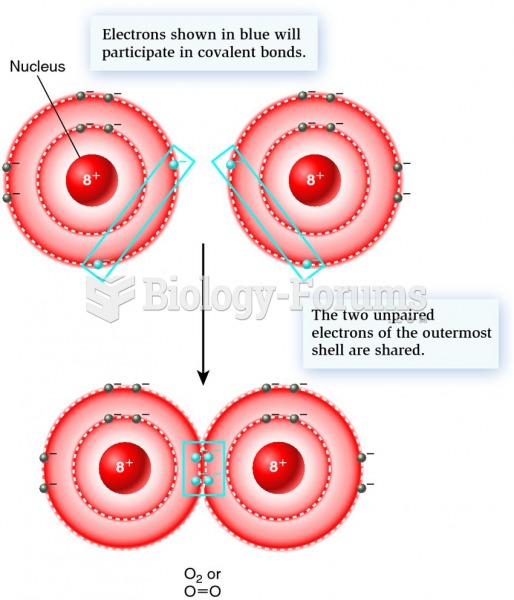Answer to Question 1
Double jeopardy does not apply if the second prosecution is based on conduct committed after the first prosecution.
If the defendant is responsible for the second prosecution, double jeopardy does not apply.
If the defense plea-bargains over the prosecution's objection, double-jeopardy protection does not apply.
Double jeopardy does not apply when the Court hearing the first offense lacks jurisdiction to try the second offense.
The double-jeopardy clause does not prohibit the government from retrying a defendant on capital or first-degree murder charges if the jury in the defendant's first trial was deadlocked on a charge of manslaughter, resulting in a mistrial.
Answer to Question 2
Appeals are generally governed by the final judgment rule, which generally limits appeals until the court hands down its final judgment as to the defendant's guilt. However, in very limited circumstances, a defendant may file an interlocutory appealan appeal filed prior to adjudication. This type of appeal is governed by a complex and confusing body of case law. In simple terms, though, an interlocutory appeal will be permitted only if it is an issue that is important enough to determine the outcome, but is not directly related to the merits of the case.
Compared to interlocutory appeals, appeals filed after adjudication are subject to few restrictions. Indeed, there appear to be few Supreme Court cases addressing the right to file postadjudication appeals. Nonetheless, it is important to understand that postadjudication appeals are almost limitless in terms of their possible substance. Nearly anything from the trial (as recorded in the transcripts) that the defense perceives to be in error can be appealed.







